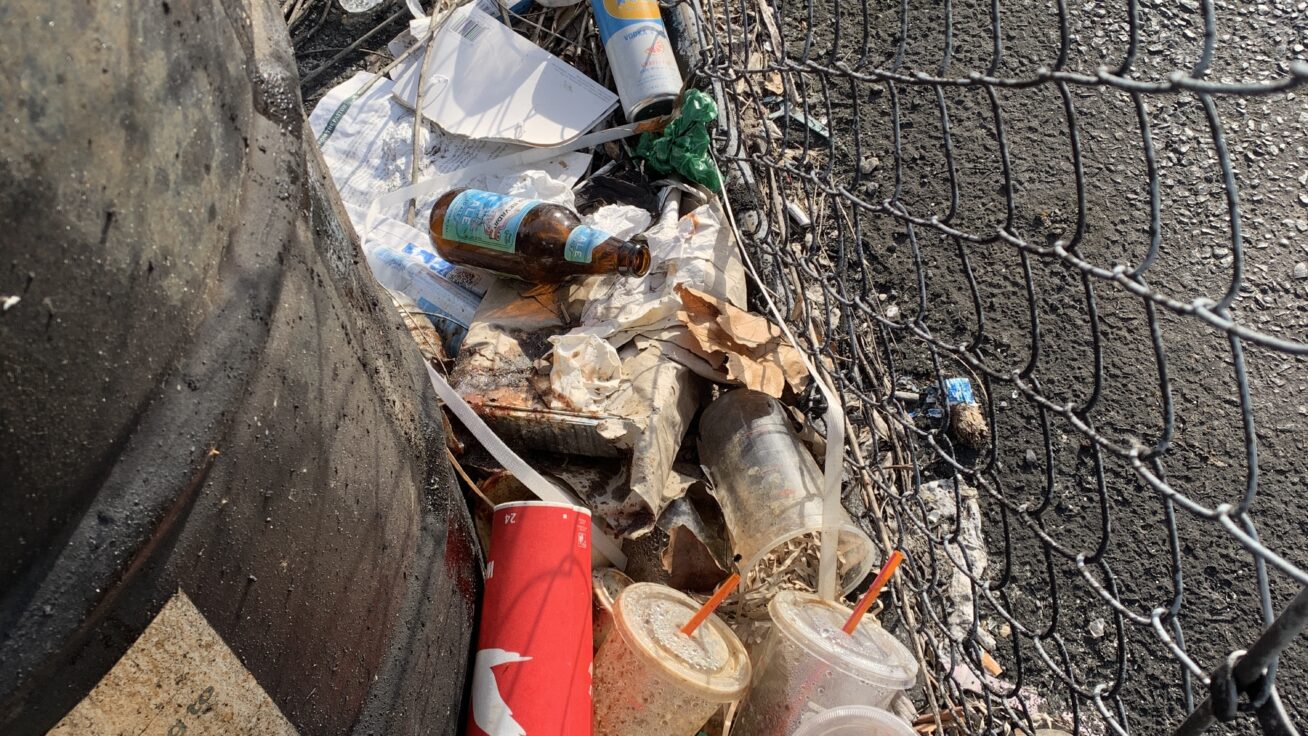
In today’s world, sustainability has become more than a buzzword; it’s a necessity. Consumers are increasingly aware of the environmental impact of their choices and are demanding more from the brands they support. This has given rise to sustainable marketing and green marketing practices. However, with the increase in demand for eco-friendly options, there’s also been a surge in greenwashing, where companies falsely claim to be environmentally friendly. In this blog, we’ll explore the difference between genuine sustainability efforts and greenwashing, and how companies can ensure they are practicing true corporate responsibility.
Understanding Sustainable and Green Marketing
Sustainable Marketing: Sustainable marketing is a broad concept that focuses on creating, promoting, and delivering products in a way that ensures minimal negative impact on the environment and society. It involves the entire lifecycle of a product, from sourcing raw materials all the way to their disposal, ensuring that each step is as environmentally friendly as possible. Sustainable marketing is not just about promoting eco-friendly products but also about integrating sustainability into the core business strategy.
Green Marketing: Green marketing is a subset of sustainable marketing. It specifically involves promoting products or services based on their environmental benefits. Green marketing campaigns often highlight the product’s reduced carbon footprint, use of renewable resources, recyclability, and other eco-friendly attributes.
The Rise of Greenwashing
As the demand for sustainable and green products has grown, so has the temptation for companies to engage in greenwashing. Greenwashing refers to the practice of making misleading or false claims about the environmental benefits of a product, service, or company practices. This can range from exaggerated claims to outright lies.
Common Greenwashing Tactics
- Vague Claims: Using terms like “eco-friendly,” “green,” or “natural” without clear, specific evidence to back up these claims.
- Hidden Trade-offs: Emphasizing one sustainable aspect while ignoring other significant environmental harms.
- False Labels: Using fake labels or endorsements to give the impression of third-party validation.
Genuine Corporate Responsibility in Digital Marketing
In contrast to greenwashing, genuine corporate responsibility involves transparent, honest, and verifiable efforts to minimize environmental impact. Here are key practices for businesses to ensure their green marketing efforts are genuine:
- Transparency: Clearly communicate your sustainability practices and provide verifiable evidence. Transparency builds trust with consumers.
- Third-Party Certifications: Use recognized certifications to substantiate your claims. Certifications like Fair Trade, USDA Organic, or Energy Star provide credible verification.
- Full Lifecycle Consideration: Address the entire lifecycle of your products, from sourcing and production to distribution and disposal.
- Consumer Education: Educate consumers about sustainable practices and how they can make environmentally friendly choices.
- Consistent Improvement: Continuously seek ways to reduce your environmental impact and report on your progress.
The Role of Digital Marketing in Promoting Sustainability
Digital marketing plays a crucial role in shaping public perception and driving the adoption of sustainable practices. Here’s how companies can leverage digital marketing to promote genuine sustainability:
- Content Marketing: Create informative content that educates consumers about sustainability. Blog posts, videos, and infographics can highlight your company’s sustainable practices and tips for eco-friendly living.
- Social Media: Use social media platforms to share your sustainability journey. Engage with your audience by posting behind-the-scenes content, sustainability milestones, and interactive content like polls and Q&A sessions.
- SEO and SEM: Optimize your website for keywords related to sustainability, such as “sustainable marketing” and “green marketing.” Use search engine marketing to target consumers searching for eco-friendly products and services.
- Email Marketing: Send newsletters that update subscribers on your sustainability efforts, new eco-friendly products, and ways they can contribute to environmental conservation.
- Influencer Partnerships: Collaborate with influencers who are known for their commitment to sustainability. Their endorsement can enhance your credibility and reach a wider audience.
In a world where consumers are increasingly conscious of their environmental impact, companies must prioritize genuine sustainability over greenwashing. By embracing true corporate responsibility and leveraging digital marketing, businesses can build trust, enhance their brand reputation, and contribute to a healthier planet. Sustainable marketing and green marketing are not just ethical choices but also smart business strategies that can drive long-term success.
As a creative marketing agency, Splendor is not only dedicated to helping brands navigate the complexities of sustainable marketing; we’re committed to doing our part as well. Check out our sister company Pick It Up, and consider participating in a clean up in your own city.

Splendor believes an educated client is our best client. Stay tuned to our blog for insight into the world of everything design, web, and digital media. Have something to add? Connect with us on LinkedIn – we’d love to hear from you.








